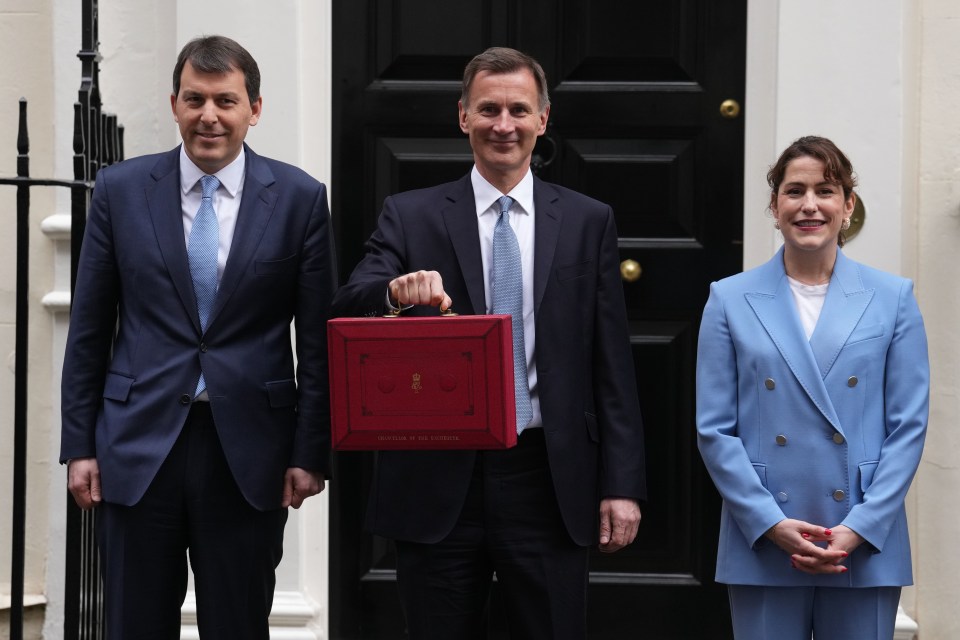‘Wrong priority’: Labour pledges to reintroduce pensions allowance

Labour says it will reverse the abolition of the lifetime pensions allowance limit, branding the move the “wrong priority”.
Chancellor Jeremy Hunt announced plans to scrap the £1m tax free limit on lifetime savings in pensions in Wednesday’s budget.
The move is aimed at keeping Brits – including top NHS staff – in work for longer. It’s part of Hunt’s wider bid to boost productivity and support economic growth.
But Labour have criticised the government for delivering a tax cut to the wealthiest “one per cent”. They claimed it “will widen the cost of living chasm”.
Shadow chancellor Rachel Reeves said: “Families across the country face rising bills, higher costs and frozen wages. This gilded giveaway is the wrong priority, at the wrong time, for the wrong people.”

She vowed Labour would undo the pensions allowance move and urged Hunt to “think again”.
What did Hunt say about pension allowances?
Speaking in the Commons on Wednesday, Hunt outlined the measure, saying: “No one should be pushed out of the workforce for tax reasons.
“I do not want any doctor to retire early because of the way pension taxes work.”
He said the issue was “wider” than doctors. He also announced the annual tax-free pensions allowance would be increased by 50 per cent from £40,000 to £60,000.
Hunt told MPs scrapping the lifetime limit would “stop over 80% of NHS doctors from receiving a tax charge”.
The chancellor claimed the move will “incentivise our most experienced and productive workers to stay in work for longer”.
The Office for Budget Responsibility (OBR) said it expects the pension changes to “raise employment by 15,000”.
Official estimates suggest the combined cost will be more than £1.1bn a year by 2027/28.
Labour says it would encourage doctors to stay in work by creating a targeted scheme. The government has previously created a similar scheme for judges.
It comes as the OBR warned household incomes, adjusted for inflation, would drop six per cent this year and next. While living standards won’t reach pre-pandemic levels until 2027.
